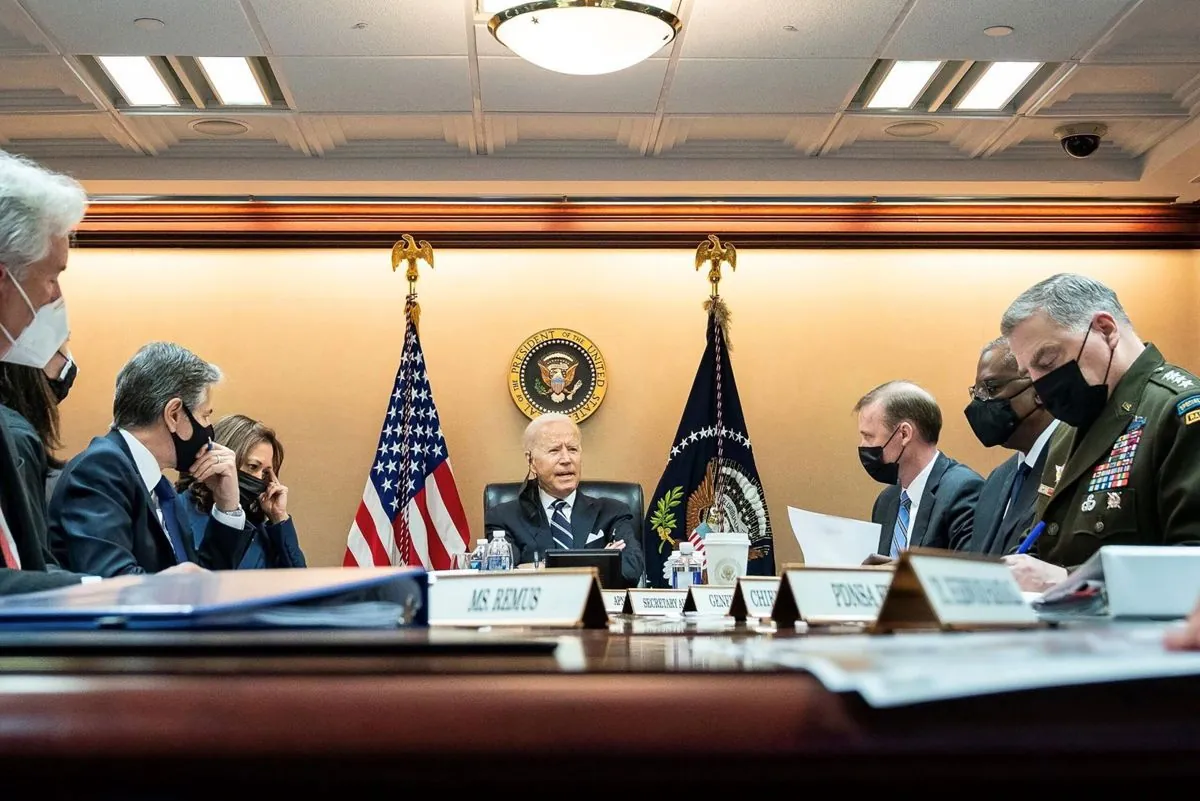In 2021, as Joe Biden's presidency began, the U.S. faced a critical decision regarding its 20-year military presence in Afghanistan. The withdrawal, executed in August 2021, sparked debates about Vice President Kamala Harris's role and influence in the process.
Harris, known for her advocacy of women's rights, had previously expressed concern for Afghan women and children post-withdrawal. During her 2019 presidential campaign, she emphasized the importance of protecting gains made for Afghan women. This stance led some Afghan officials, like Nader Nadery, to hope for her influence on Biden's decision.
The withdrawal's execution proved chaotic, with the Taliban swiftly taking control of Kabul on August 15, 2021. This rapid collapse occurred despite the U.S. having spent over $2 trillion on the war over two decades. The evacuation operation airlifted over 124,000 people to safety, but a tragic suicide bombing at Kabul airport resulted in 13 U.S. troop deaths and approximately 170 Afghan casualties.
Harris's exact role in the decision-making process remains unclear. While she confirmed being the "last person in the room" with Biden before the final decision, former officials suggest her influence may have been limited. Ron Klain, Biden's former chief of staff, emphasized the constraints of the vice presidential role, noting that public disagreement with the president is often not an option.
The aftermath of the withdrawal has been particularly harsh for Afghan women and girls. The Taliban's return to power led to severe restrictions on women's rights, including bans on secondary and university education. This regression starkly contrasts with the progress made during the U.S. presence, when women constituted 20% of the Afghan workforce.
Harris has continued to express support for Afghan women's rights post-withdrawal. On March 23, 2023, she posted on social media lamenting the anniversary of the girls' education ban. However, some Afghan women's rights advocates, like Fawzia Koofi, question whether Harris could have done more to influence the withdrawal decision.
"I have worked almost my entire career on a number of issues but with a particular emphasis on the protection of women and children. And there's no question that any of us who are paying attention are concerned about that issue in Afghanistan."
The long-term impacts of the withdrawal are still unfolding. The Afghan economy has shrunk by 20-30% since the Taliban takeover, and the UN estimates that 97% of Afghans could fall below the poverty line by mid-2024. Over 3.5 million Afghans are internally displaced due to conflict and drought.
As Harris now leads the Democratic ticket, her role in the Afghanistan withdrawal may face increased scrutiny. The decision's consequences continue to shape both Afghan society and U.S. foreign policy discussions, highlighting the complex challenges of ending America's longest war.
